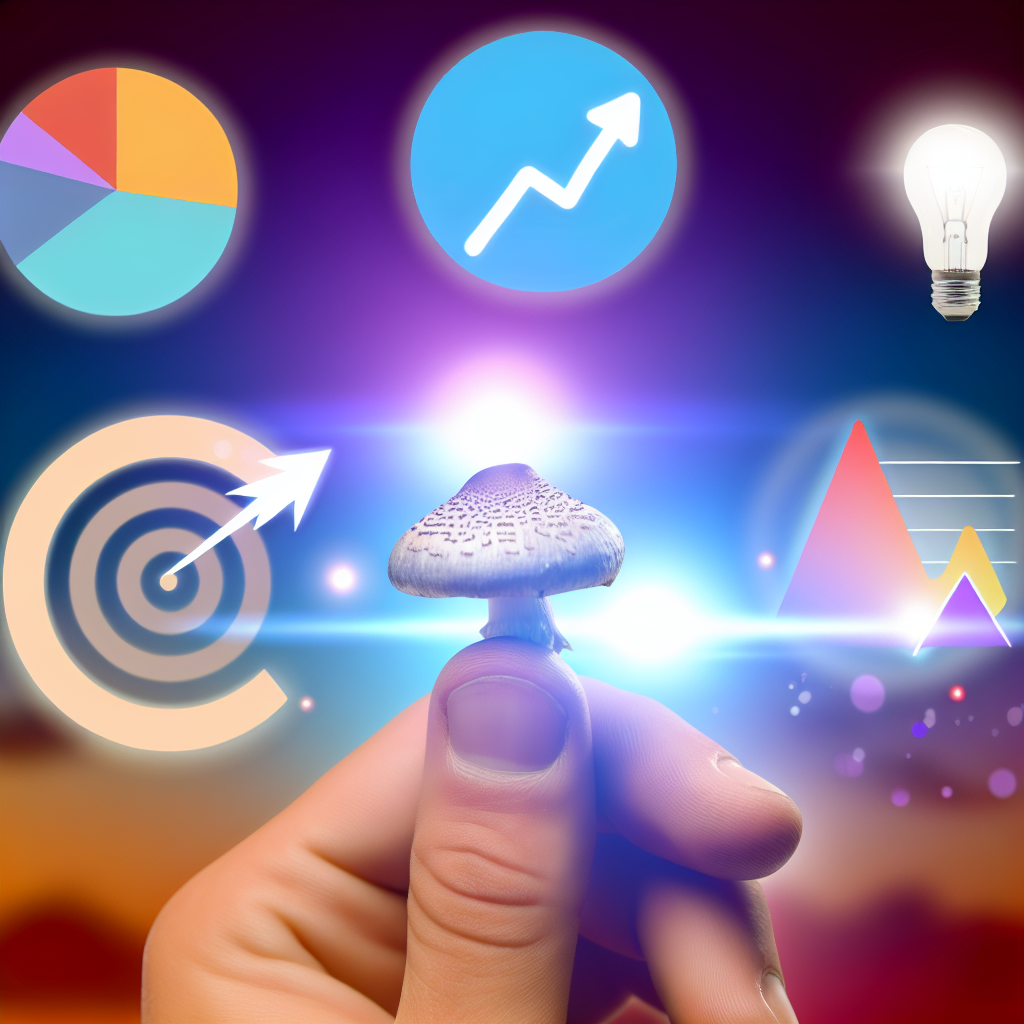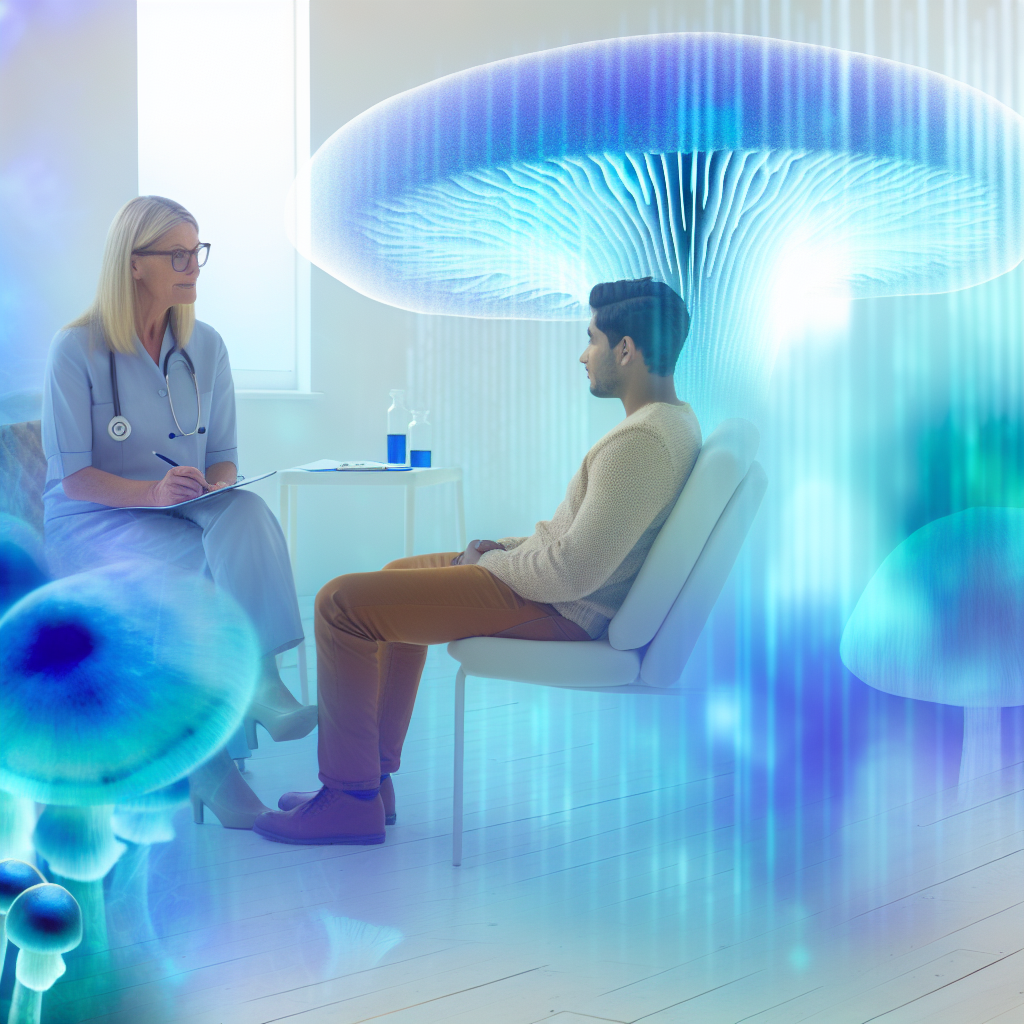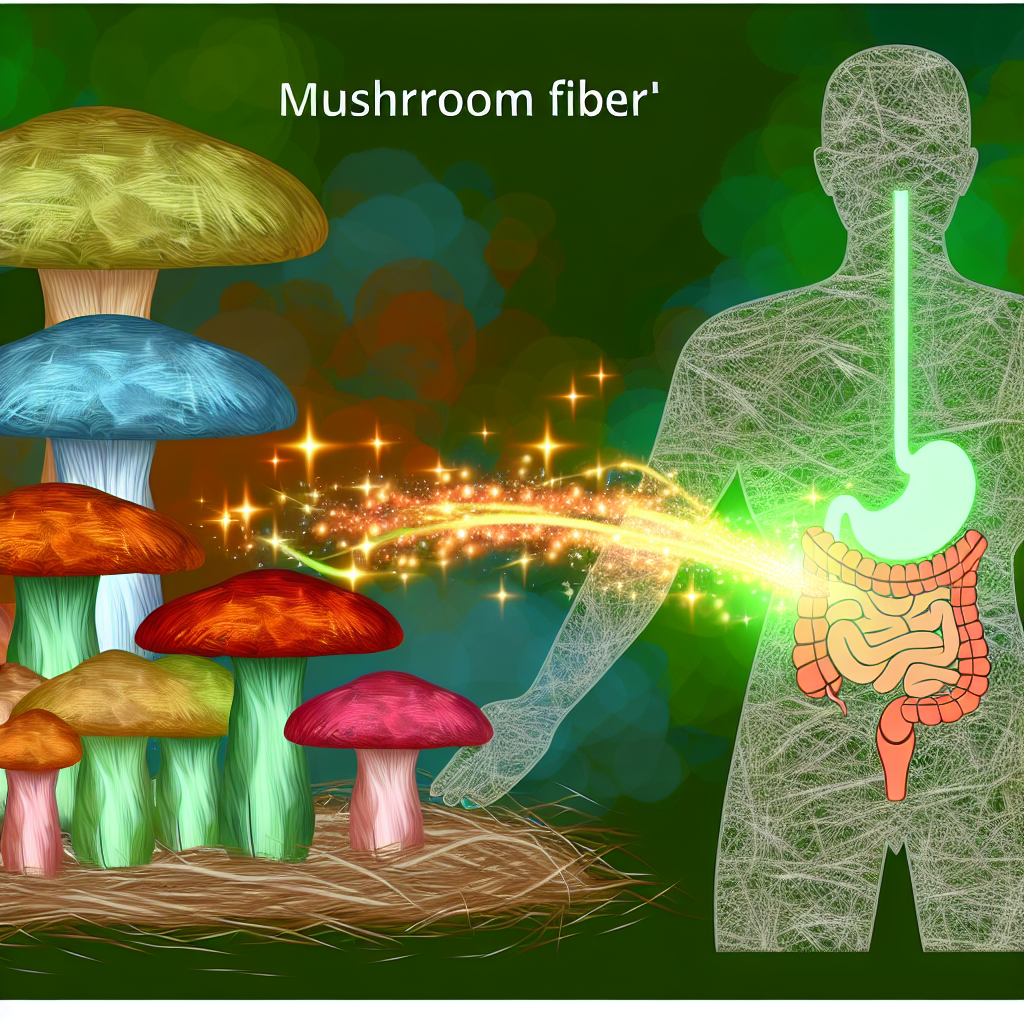Microdosing Psilocybin for ADHD Focus and Productivity Benefits
Introduction
As modern medicine continues to expand our understanding of mental health and cognitive performance, alternative therapies are stepping into the spotlight. Among these, the use of psychedelics—particularly psilocybin—has gained increasing attention for its potential therapeutic benefits. While full psychedelic experiences often grab headlines, a quieter, subtler revolution is taking place in the realm of microdosing.
Microdosing involves the consumption of very low, non-psychoactive doses of psychedelic substances, and psilocybin derived from magic mushrooms is one of the most commonly used substances for this practice. This gentle, sub-perceptual dosing method aims to unlock cognitive enhancements and mood stabilization without disrupting daily functioning.
Attention Deficit Hyperactivity Disorder (ADHD) affects people of all ages, with symptoms that include inattention, impulsivity, emotional dysregulation, and executive dysfunction. Traditional treatments rely heavily on stimulant medications like Adderall and Ritalin, which, although effective for many, can lead to side effects such as appetite suppression, insomnia, and dependency risks.
For individuals seeking natural or complementary options, microdosing psilocybin has emerged as a potentially effective therapy for improving focus, productivity, and overall cognitive clarity. Anecdotal evidence and early scientific research suggest that microdosing may not only ease symptoms of ADHD but also enhance mood, reduce anxiety, and improve cognitive flexibility.
One reason psilocybin is garnering interest in the ADHD community is its interaction with the brain’s serotonin receptors—especially the 5-HT2A receptor. These receptors are vital in regulating mood, thought processes, and perception. Psilocybin’s influence on increasing receptor sensitivity and promoting neuroplasticity—the brain’s ability to form new neural connections—could prove particularly beneficial for people with ADHD, whose neural networks linked to attention and executive function may be underdeveloped or impaired.
With growing interest from the scientific and mental health community, we will explore the preliminary research, neurological mechanisms, and emerging testimonies building a compelling case for this natural compound in promoting attention, focus, and productivity.
Features and Scientific Studies
Although large-scale clinical trials are in progress, existing studies and observational data offer promising insights into the role of microdosing psilocybin in managing ADHD symptoms and enhancing cognitive function.
A pivotal 2020 study in Psychopharmacology analyzed self-reported outcomes from microdosers. Participants documented improvements across parameters critical to ADHD, including attention, mood regulation, and mindfulness. These subjective findings indicate microdosing could potentially ease core ADHD symptoms.
A University of Toronto study from 2021 tracked over 1,000 participants engaging in microdosing routines. Compared with non-microdosers, subjects reported significantly better attentional control, emotional regulation, and task productivity. These improvements suggest a promising therapeutic potential in real-world functioning.
Neurologically, psilocybin’s effects appear to be rooted in serotonin system modulation. It primarily stimulates the 5-HT2A receptor, which is integral for mood and cognition. According to research from Johns Hopkins University, psilocybin enhances neural communication across previously disconnected brain regions—fostering what is known as increased functional connectivity. For individuals with ADHD, this may mean improved concentration, reduced distractibility, and better executive control.
Moreover, a 2019 study in Cell Reports demonstrated psychedelic-induced neuroplasticity and neurogenesis—especially in the prefrontal cortex, a region linked to planning, memory, and decision-making, and often underactive in those with ADHD. This may contribute to lasting cognitive and behavioral improvements.
Emotional dysregulation, another core challenge for ADHD patients, could also be alleviated. A 2021 study from Maastricht University found that microdosing psilocybin reduced generalized anxiety and increased emotional clarity. These elements are crucial for maintaining motivation, building sustainable routines, and improving interpersonal dynamics in professional and social environments.
Organizations such as MAPS (Multidisciplinary Association for Psychedelic Studies) and Johns Hopkins Psychedelic Research Center are now leading initiatives to explore clinical applications more deeply. Their work aims to build rigorous, evidence-based frameworks supporting psychedelic-assisted therapies for various mental conditions, ADHD among them.
Conclusion
While microdosing psilocybin isn’t yet FDA-approved for ADHD treatment, current research and anecdotal experiences suggest it’s a valuable and well-tolerated alternative or adjunct strategy. Psilocybin’s interaction with serotonin pathways, its contribution to neural connectivity, and its apparent role in fostering long-term brain change present compelling reasons for further investigation.
As science continues to delve into psychedelic therapy, microdosing may soon evolve from underground experiment to mainstream wellness tool. For now, it offers a low-risk, plant-based option for adults looking to manage ADHD symptoms, boost cognitive function, and improve quality of life without the side effects often linked to traditional stimulant medications.
Concise Summary
Microdosing psilocybin, the active compound in magic mushrooms, is gaining attention as a potential natural treatment for ADHD. Unlike traditional medications, microdosing delivers sub-perceptual effects that may enhance focus, mood, and productivity without major side effects. Early research and user reports suggest benefits such as improved attention, emotional regulation, and cognitive flexibility. Studies indicate psilocybin may promote neuroplasticity and better brain connectivity, offering lasting cognitive improvements. Although not FDA-approved, microdosing is a low-risk, non-addictive approach that is increasingly supported by scientific inquiry, making it a promising complementary therapy for adults with ADHD.
References
– University of Toronto Study on Microdosing Outcomes
– Johns Hopkins Psychedelic Research Overview
– Maastricht University Psilocybin Study
– Cell Reports Study on Neuroplasticity
– Multidisciplinary Association for Psychedelic Studies (MAPS)
– Psychopharmacology Microdosing Study

Dominic E. is a passionate filmmaker navigating the exciting intersection of art and science. By day, he delves into the complexities of the human body as a full-time medical writer, meticulously translating intricate medical concepts into accessible and engaging narratives. By night, he explores the boundless realm of cinematic storytelling, crafting narratives that evoke emotion and challenge perspectives. Film Student and Full-time Medical Writer for ContentVendor.com




